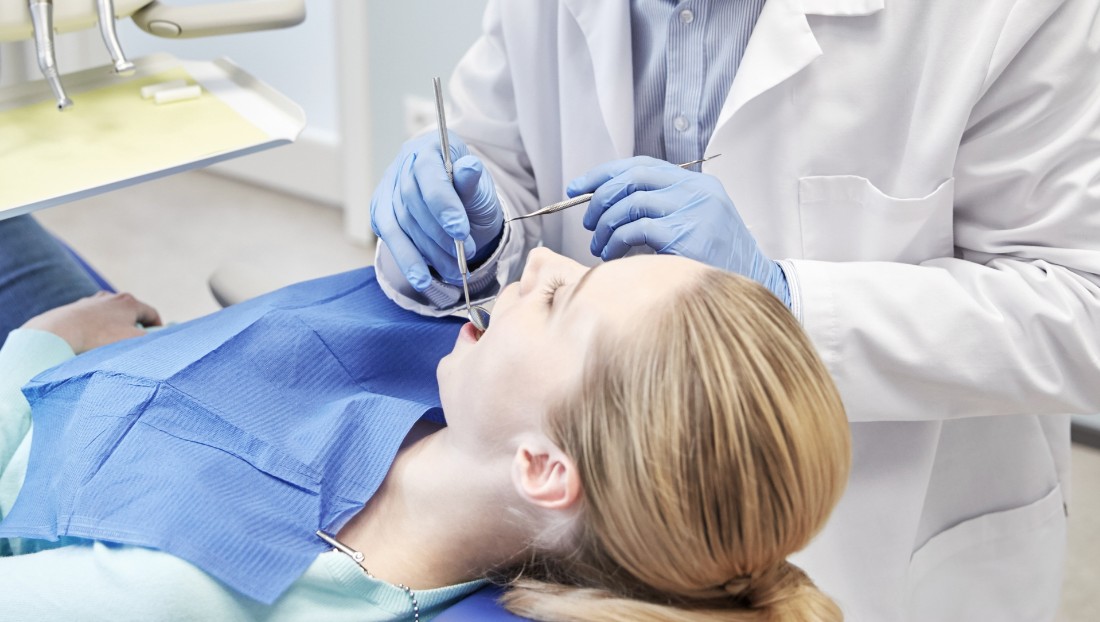
Gum disease (periodontal disease) can mean different things to different people. Left untreated, it will lead to more serious problems including tooth loss. The first line of defense is daily brushing and flossing to improve oral health. This, along with regular professional visits, will help keep your teeth bright and your smile nice.
Even with proper dental care, however, some people can develop gum disease, also known as periodontal disease. An important factor in treating this disease is early detection. Regularly scheduled visits to the dentist are important for this reason – we monitor the health of your gums during every visit.
Do I have gum disease?
There are several warning signs that gum disease may be an issue for you. Is there an excessive amount of bleeding gums when you brush your teeth or floss? Are your gums red, swollen, or sensitive to the touch? Does it look like your gum line is receding? All of these are symptoms of gum disease. Even prolonged bouts of bad breath could be an indication.
If these conditions persist for any length of time, it may be an indication of gum disease. Gingivitis is the first stage of gum disease. It is associated with inflamed and swollen tissue at the gumline. Periodontitis is a more advanced stage of gum disease that begins affecting the teeth, bone, and supporting tissues. Periodontitis can, and often does lead to tooth loss.
Oral bacteria does enter the bloodstream and can lead to inflammation and other problems throughout the body. There is growing evidence of the direct association of poor oral health with diabetes, heart disease, stroke, and other conditions.
Gum disease treatment
Regular professional thorough cleaning of both the gums and teeth is the first level of treatment early stages of gum disease. Some people require more extensive treatment including a procedure called deep scaling and root planing. This is often necessary in order to remove the plaque and hard deposits of calculus that forms above and below the gumline.
It is these deposits that contain many of the unhealthy bacteria. These treatments may require more than one visit to the office to complete. Sometimes antibiotics and other treatments such as antimicrobial mouth rinses are used in conjunction with periodontal therapy.
Gum (periodontal) disease is a progressive disease that can lead to serious complications in the oral cavity as well as affect your general overall health. It often begins quietly, with mild symptoms. Prevention and treatment are dependent on early diagnosis and intervention.
If you haven’t seen a dentist for some time and are experiencing more than normal gum bleeding, schedule a visit with Creekside Dental soon. We have been serving Vancouver area families for more than 25 years. We’ll perform an inspection and take steps to combat gum disease when present.
